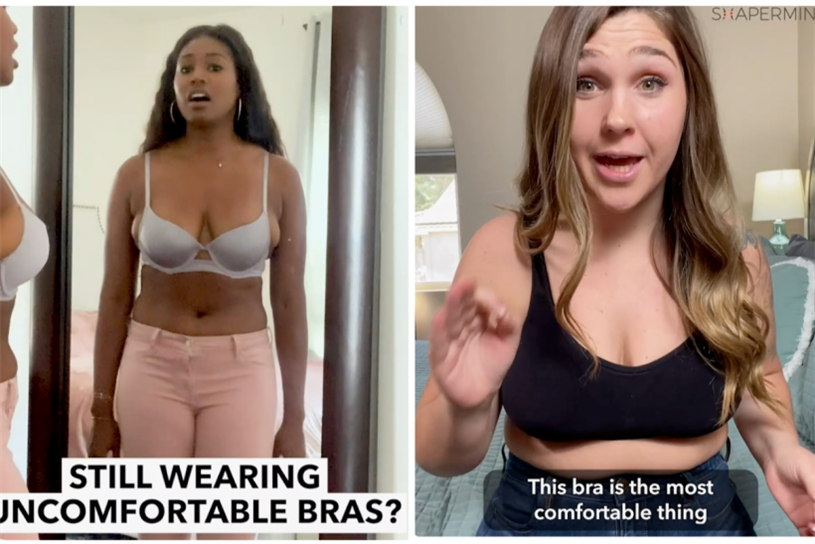Shapewear—undergarments that compress women's bodies to make them look slimmer—has long been viewed as a category that pushes unrealistic standards of beauty.
DTC start-ups like Shapermint are trying to change that reputation by making shapewear more comfortable for women and including a range of body types in their marketing.
To get its positive message out, Shapermint wanted to partner with a company that shared its views. So it turned to Pinterest, which has long had a policy against weight loss and body shaming on its platform, including banning ads that make false weight loss claims.
“We don’t want ads that show people that are upset with the way their bodies look,”explains, Sarah Bromma, head of policy at Pinterest. “It’s not the inspiring environment we want to create.”
Both Pinterest and Shapermint know that body positivity isn’t just the right thing to do—it’s good for business. Pinterest research shows that positive, inspiring ads generate positive returns.
So the two companies paired up on a campaign this spring that promoted women of all body types wearing shapewear in real life situations. It proved out the thesis that positivity sells: The campaign drove $3 million in incremental revenue, improved Shapermint’s cost of acquisition by 17% and led to more than 75,000 conversions.
“Being a company that has a strong purpose related to self-love and body positivity, it was a good way to lead by example,” said Shapermint CMO and co-founder Massimiliano Tirocchi. Pinterest’s policies served as a means to drive Shapermint to be “even more positive than before,” he added.
It was such a success, Shapermint is now committed to spending 10% of its ad budget on Pinterest.
“The positive ads resonated both with Shapermint customers and Pinterest users,” Bromma said.











